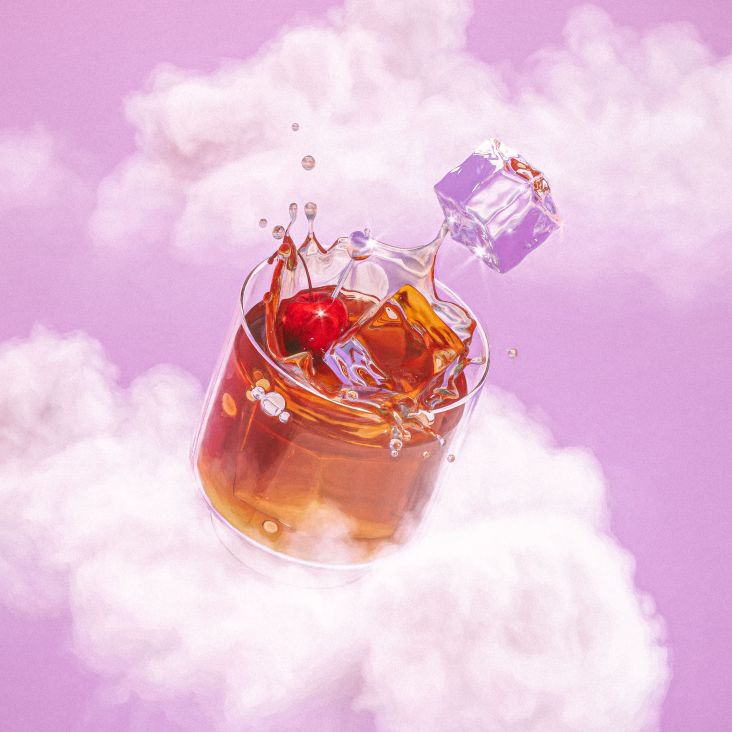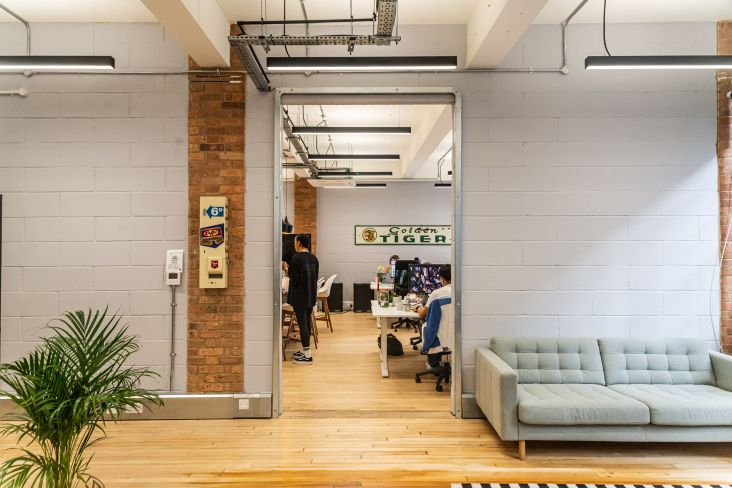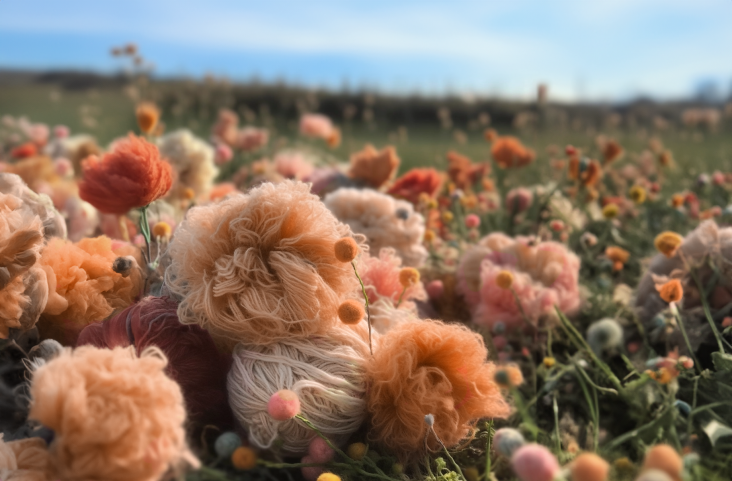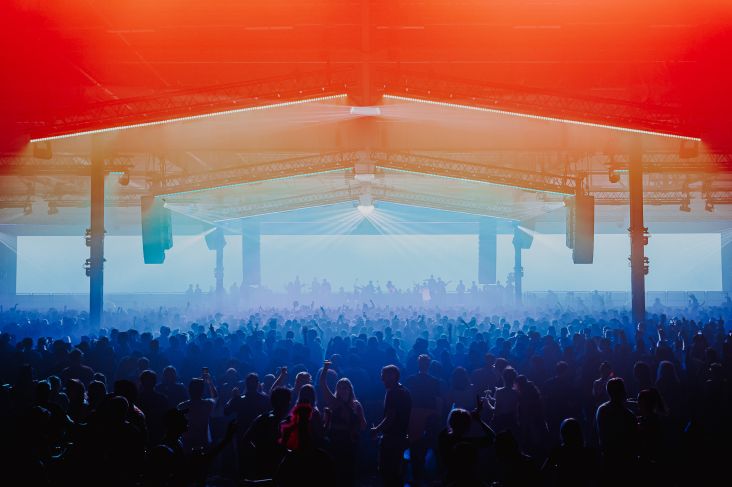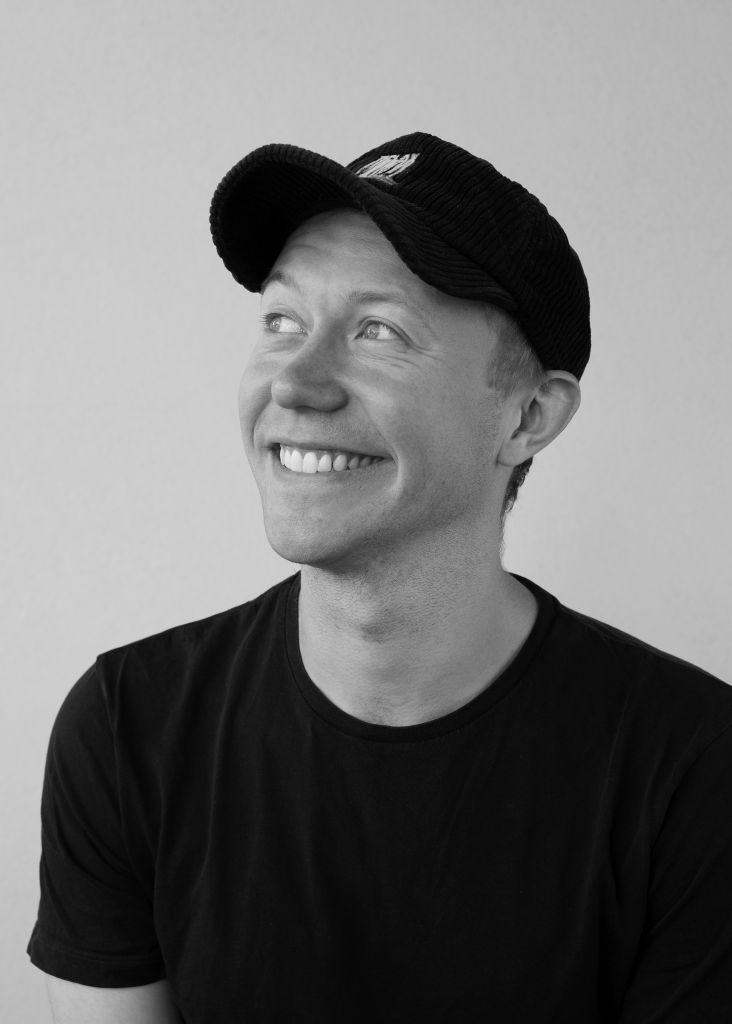Special report from Ukraine: how to launch an arts centre in the middle of a warzone
Jam Factory is a major new arts centre that's just opened in Lviv, Ukraine. Creative Boom was invited to bear witness to one of the most extraordinary events in this year's creative calendar.
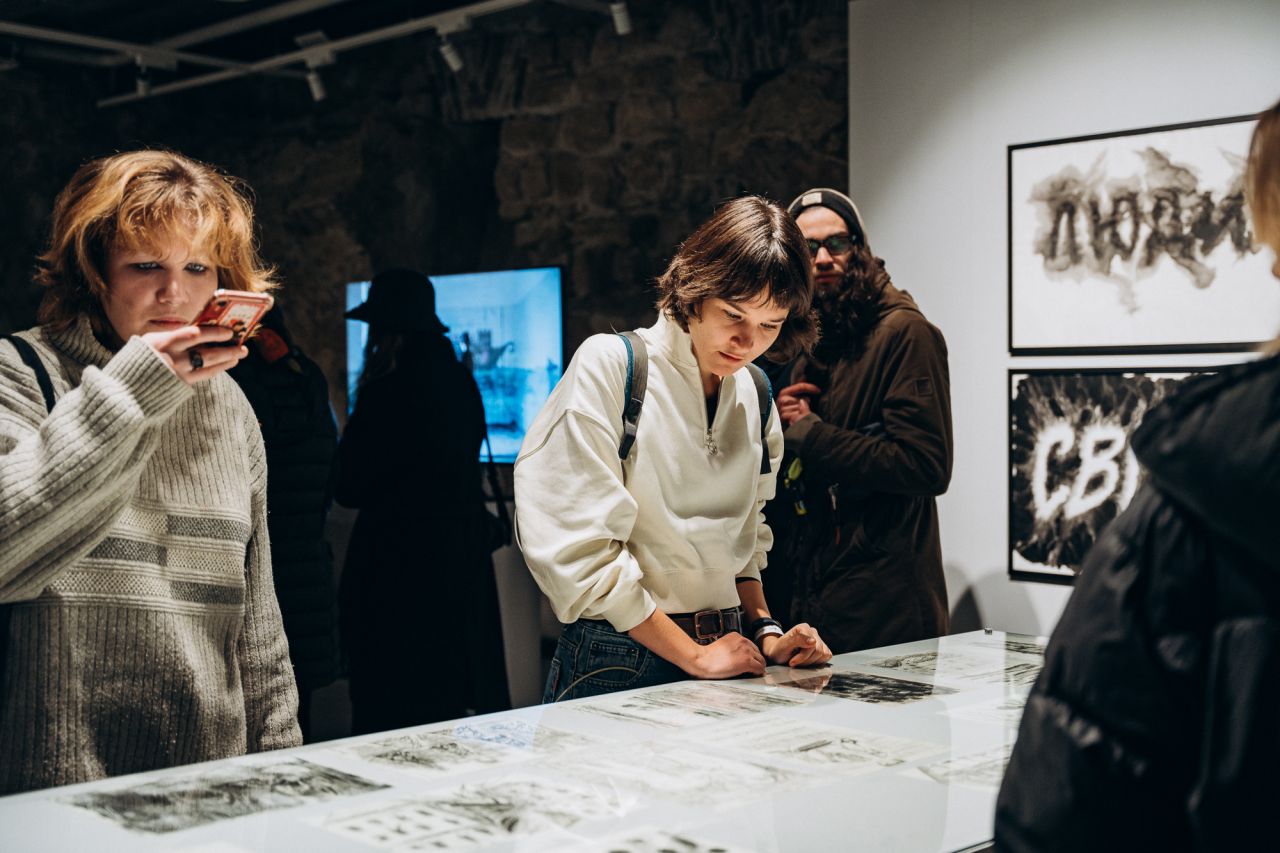
It's one of the most surreal moments of my life. One minute, I'm stood in a lively, stylish bar at Jam Factory, a newly opened arts centre, enjoying a craft beer. Ambient drum and bass pulses in the background as well-dressed twentysomethings chat excitedly about painting, fashion, and the Barbie movie. Then we start discussing where we're all from, and the conversation takes a sharp turn.
A 28-year-old woman's eyes suddenly become lifeless. "I'm from the south of Ukraine, and Russians are living in my house right now," she says in a cold, dead tone. As if evidence were needed, she shows me photos of the interlopers on her phone, surreptitiously taken by her neighbours over the garden fence.
It's a stark reminder that although we're in a relatively safe area of Ukraine, and this swish bar feels like it could be anywhere in Europe, the war is never far from people's minds.
Life in Lviv
Close to the western border with Poland, Lviv is more than 300 miles from the frontlines in eastern and southern Ukraine. This beautiful city, resplendent with its Neo-Renaissance architecture dating back to the Austro-Hungarian empire, reminds me of Bath a lot and has a similar sense of refined cultural buzz. The city centre is filled with hipster bars, boundary-pushing art galleries and thriving restaurants. Wandering around, you instinctively feel safe. But that feeling is deceptive.
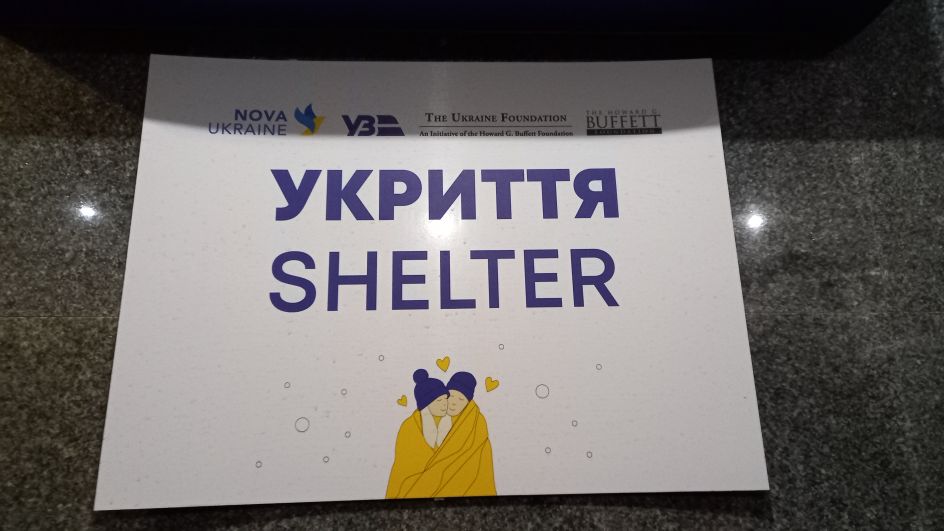
Lviv may be less vulnerable to air strikes than the capital, Kviv, but it's vulnerable nonetheless. Anyone visiting here should download an app that warns of incoming missile attacks. Every time you visit a new building, your first task is to familiarise yourself with the location of the shelters. At the moment, alerts are sounding around every one to two days. And even though anti-drone defences intercept most attacks, that doesn't make it any less terrifying for residents.
So you might be wondering – why anyone would want to open a major new arts centre in such an environment? Read on as I explain the background of this extraordinary event and what it says about how Ukranian society is adapting to the prospect of a long war.
The Jam Factory story
Jam Factory Arts Center has been long in the planning. The idea to convert the former industrial building, which dates back to 1872, first took root in 2015. The impetus behind actually making it happen came largely from philanthropist and historian Dr. Harald Binder, who was born in Basel, Switzerland, and raised in Germany and Japan. It was his private foundation that invested the funds needed to restore and re-model the disused factory in collaboration with the Ukrainian authorities.
This was a different proposition from opening an arts centre in the UK. Places like this are pretty rare in Ukraine, and existing institutions don't tend to have very good links with either the local community or the world outside the country. So this was very much a pioneering project, aiming not just to restore a beautiful, disused building but also to provide much-needed facilities to local residents, giving economic stimulus to a quite lifeless part of town (Pidzamche, north of central Lviv) and boosting cultural links between Ukraine and the West.
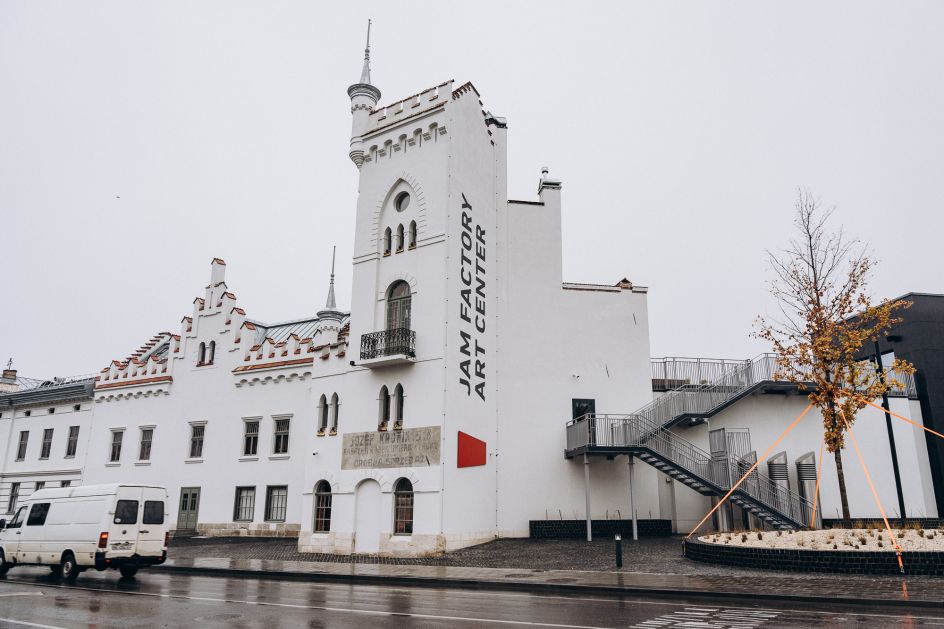
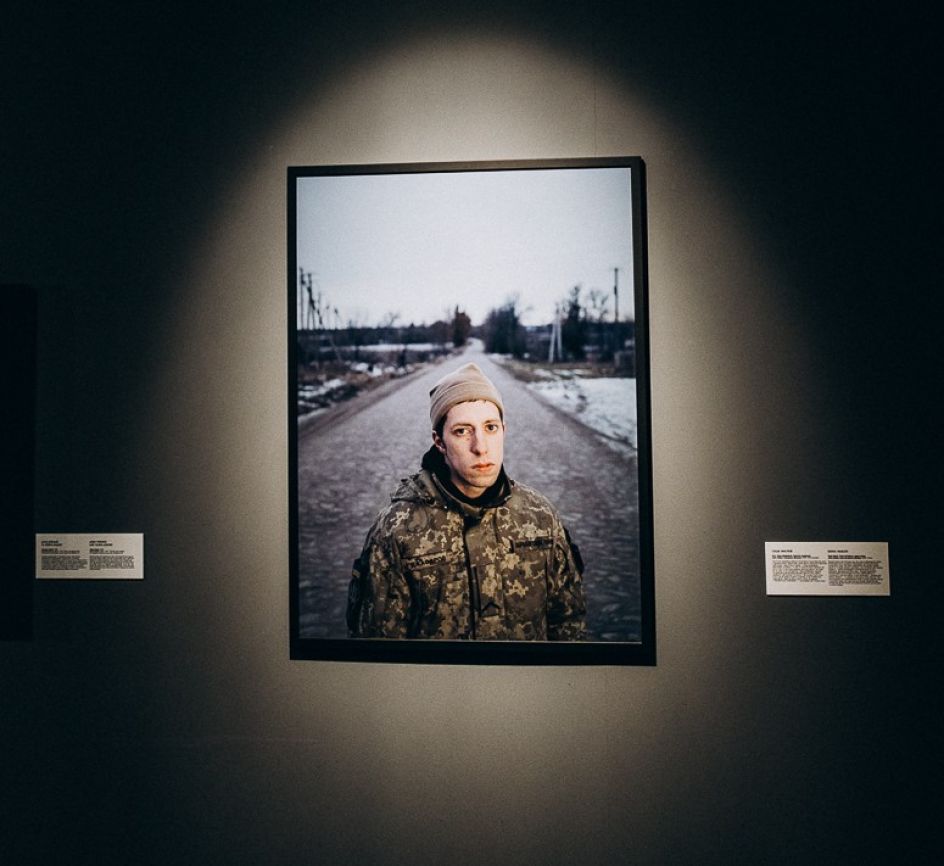
The organisers took their time to get it right. The reconstruction was managed impeccably, retaining original features such as the distinctive crenellations and neo-gothic façade and paying tribute to others, such as marking the site of a former synagogue.
Finally, Jam Factory was due to open in 2022. Understandably, Russia's full-scale invasion put paid to that. This November, however, the opening finally took place, and as you might expect, the current conflict is at the heart of its programme.
War is never far away
On day one, I joined invited guests in Jam Factory's basement to experience its first exhibition, and it didn't pull its punches. Entitled 'Our Years, Our Words, Our Losses, Our Searches, Our Us', it's constructed on the principle of novellas, and each work highlights a different personal experience of war. (See my full article on the exhibition here).
There's a wide variety of media on show, and some of the pieces are quite subtle, but for me, nothing hit home more than the photograph shown above by Sasha Maslov. It depicts Timur Dzhafarov, known on the electronic music scene as John Object, who is now a soldier on the frontline, and his expression says it all.
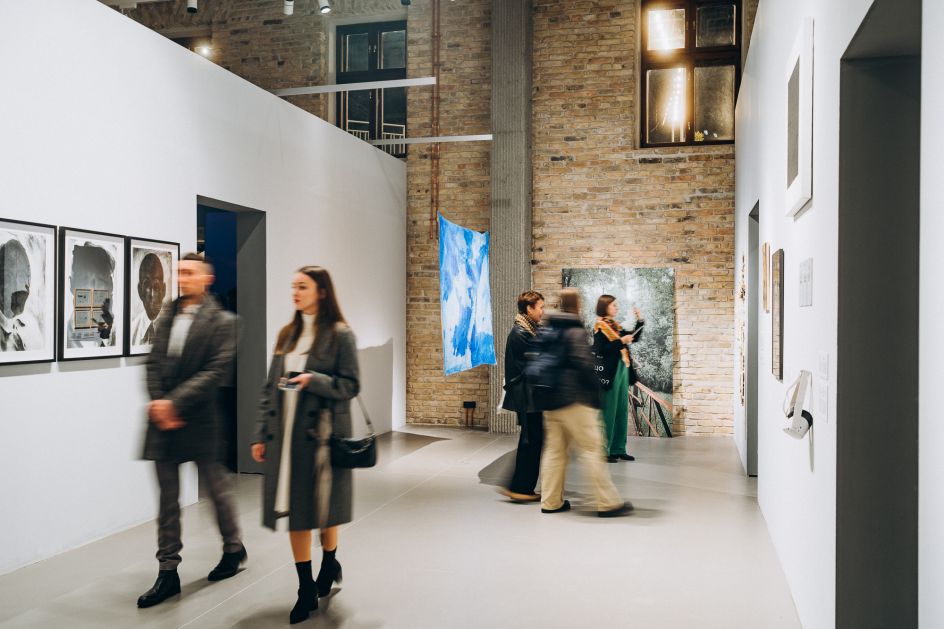
And this points to another all-encompassing feature of life in Lviv. Yes, the city may be as far from the frontline as Bristol is from Newcastle. But in a country where every man between 18 and 60 is legally required to enlist in the armed forces, the war is never far from anyone's mind.
This is a world of suddenly single mothers bringing up children virtually without fathers. I met men on leave who were enjoying their first two weeks of respite since the war began 18 months previously. Many of their comrades are already dead. And Mums with older sons are on the countdown to the day they will enlist, too.
Yes, these families could move abroad and avoid the draft. But they'd be breaking the law and would be jailed if they ever returned to Ukraine. Even if there was an amnesty, it's questionable whether their fellow citizens would ever accept them. (None of this, by the way, is meant to minimise the contribution of female combatants, which is utterly inspiring, and documented on a day-to-day basis by this Instagram account.)
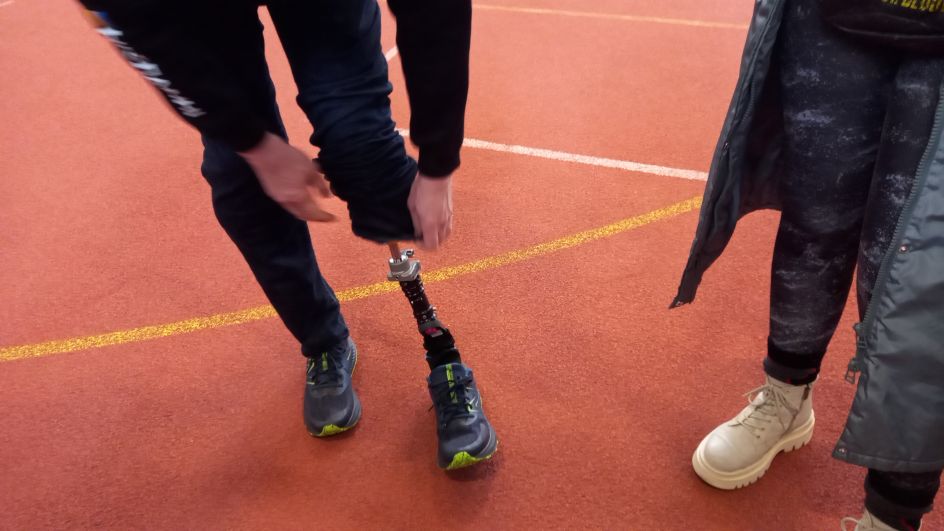
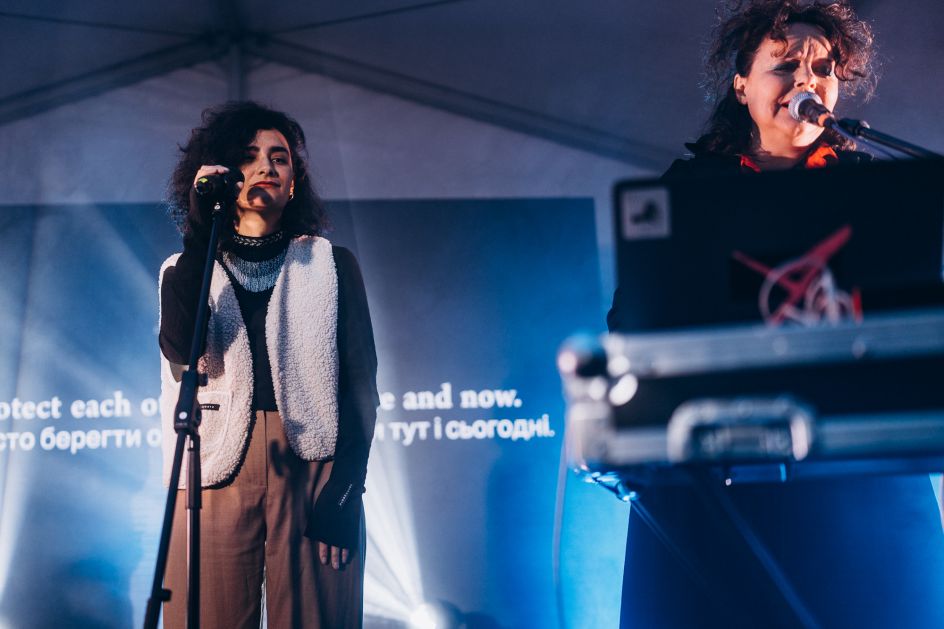
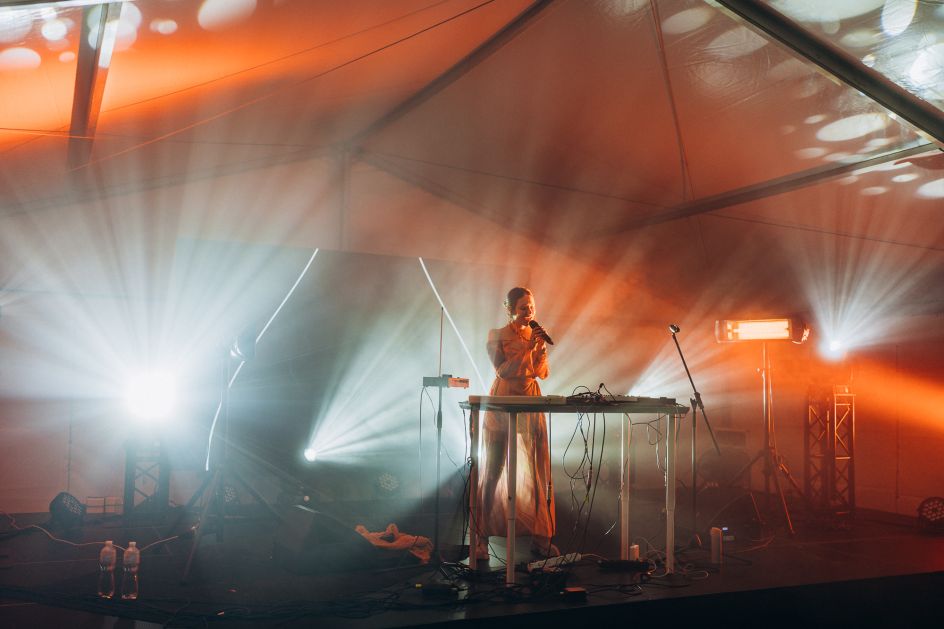
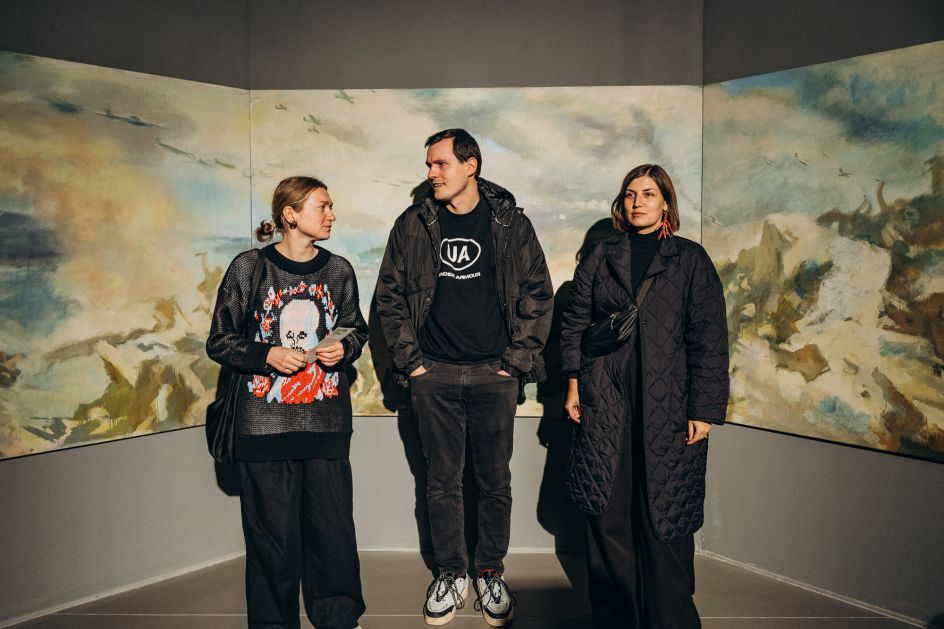
In short, people living in Lviv are suffering, but this suffering is largely internalised, especially when couples are reunited and get to hit the town for some giggly R&R. But it quickly comes to the surface when you ask the right questions.
Those I spoke to expressed intense levels of rage towards the invading power, which was not unexpected. What surprised me more was how abandoned by the West they felt. When tanks started rolling towards Kiev in 2022, Ukrainians assumed that NATO's cavalry would come to the rescue. Sanctions and the provision of some weapons were far less than they'd hoped for.
Most fundamentally, though, the main emotion was depression in the face of a war that appears to have no obvious end. I spoke to a 19-year-old girl who told me of the days she physically couldn't get out of bed because life had become so bleak. Many others told me a similar story.
Ironically, the cheeriest people I met were at the place I'd expected to be the most depressing. The National Rehabilitation Centre of Ukraine has treated more than 15,000 people since the full-scale Russian invasion for everything from burns and lost limbs to torture trauma.
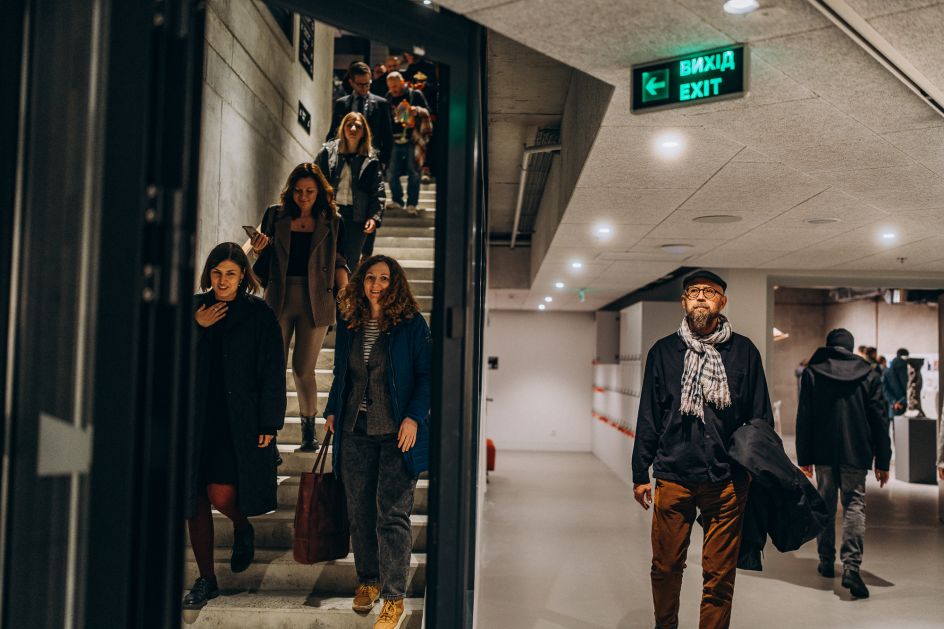
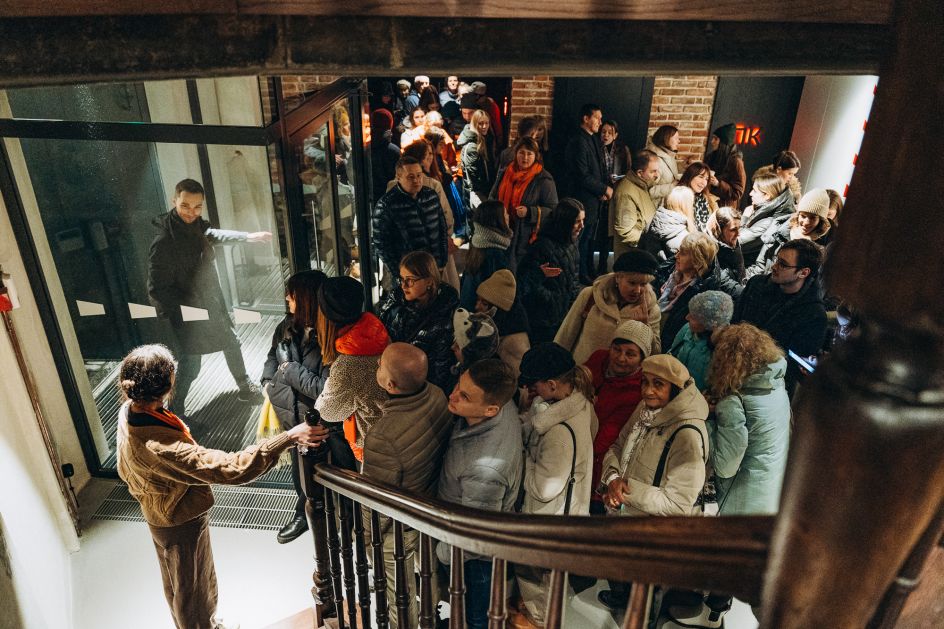
I watched a group of amputees with prosthetics doing some training workouts in a gym, and they were all in fine spirits, laughing, joking and enjoying the activity immensely. One of these was Igor, who lost his leg while helping to liberate Kherson. He was not a professional soldier but a 57-year-old businessman who used to sell swimming pools. Such is the 'new normal' in Ukraine. Many of these amputees, once their rehabilitation is complete, plan to return to the frontline.
Cultural resistance
This is the confused and chaotic psychological landscape in which Ukranians must forge a way ahead. And in that light, projects like Jam Factory seem less like a frivolous distraction and more like an essential flank in Ukraine's broader spirit of defiance and resistance.
In short, for people to keep living, they must have some to live for. Jam Factory has plenty of exciting cultural activities planned for the coming months, from exhibitions featuring international artists to productions in the theatre space to a music program that aims to cultivate new works and cross-genre collaborations. If the live music and DJ set on opening night were anything to go by, local residents have much to look forward to.
We're intrigued to see how this unique space, pivoted between East and West, develops. And we fervently hope for the day when all international visitors can enjoy it in an atmosphere of peace and security.
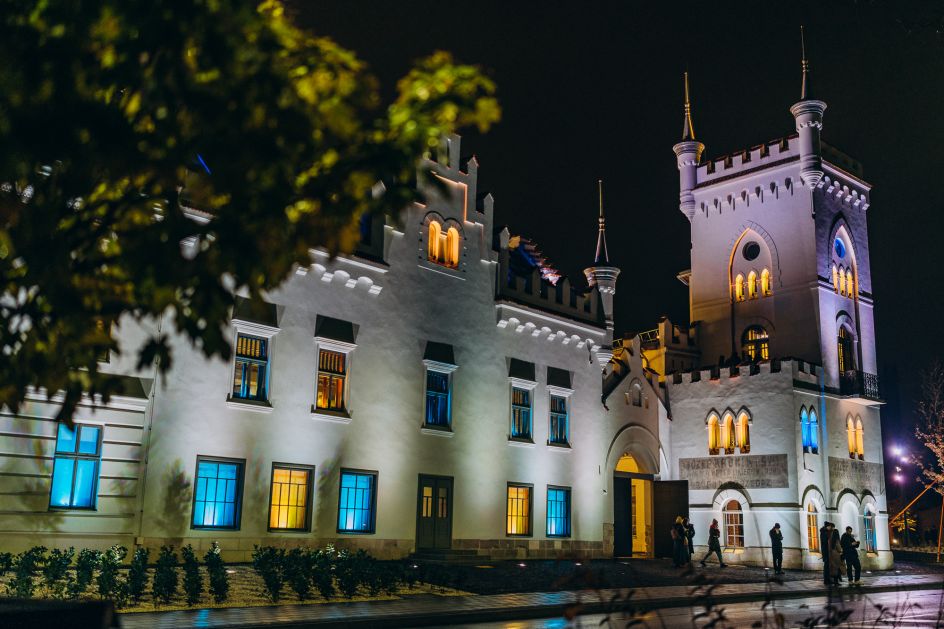
](https://www.creativeboom.com/upload/articles/c0/c0f4833513a758427120283374013d6da0e2b37d_732.png)










](https://www.creativeboom.com/upload/articles/2a/2ae6137c166bedbf9f67c34a57a41f2dc013bf80_732.jpg)





